Kraków, Poland
Let’s start the list with places I already know I’m going to. Kraków was one of the first big cities in Central Europe I ever visited (as a student back in 1984) and I’ve always loved the place. I’ll be there through most of the month of February and early March working on an update for Lonely Planet. I’ve already booked the Airbnb, and I spend at least part of the day now scouring the web and Instagram for places to check out. Kraków people, please send me a note. It would be great to meet up!
Budapest-Amsterdam (Danube River Cruise)
Like last year, I’m signed up as National Geographic destination expert for a river cruise on the Danube from Budapest to Amsterdam. The cruise will last 15 days (from May 29-Jun 12) and the itinerary will be similar to the trip I took in September 2018. In addition to the two cities named here, we’ll stop off in Vienna, Salzburg, Regensburg, Nuremberg and Cologne, as well as a bunch of other smaller places in Austria and Germany. You can read all about the trip here. Please sign up and keep me company if you’re interested!
Eastern Germany
One of the positive things to come out of those Danube River cruises has been to rekindle a personal interest in Germany. The first job I had as a journalist in Vienna in the 1980s was to write about the then-German Democratic Republic. I was a devotee of Neues Deutschland, the communist party’s official, unreadable newspaper, and knew the comings and goings of that now-defunct country pretty well. Since I’ve moved to Prague, though, I’ve scarcely given Germany a second thought. With the arrival later this year of the 30th anniversary of the fall of communism in Germany, I’m intrigued again by Berlin, but also Leipzig, Cottbus, Chemnitz (the old “Karl Marx Stadt”), Dresden – and just about anywhere else.
Minsk, Belarus
Belarusian strongman Alexander Lukashenko just keeps making it easier and easier to visit “Europe’s Last Dictatorship.” A couple of years ago, Belarus dropped the mandatory visa requirement if you arrive in the country through Minsk airport and limit your stay to five days. That offer has now been extended to 30 days. I’ve lived and worked in this part of Europe for something like three decades and have never once been to Belarus. One of my themes for 2019 is to scratch off some travel blind spots, and this is an obvious place to start.
Lviv, Ukraine
If we’re talking blind spots, probably my least defensible one (considering I have a blog that promises “Travel and Adventure in Central Europe”) is this legendary western-Ukrainian culture hotspot. For years I’ve heard it described as an “unspoiled Kraków” (not that Kraków is all that spoiled) or as the center of the world’s best coffee (well maybe not, but damned good coffee at least), or simply a lovable, dysfunctional Ukrainian city. Whatever, it sounds exactly like my kind of place. I’ve been within shouting distance in my car while in the Polish city of Przemyśl, but this year it’s time to cross the border.
Skopje, Macedonia
One last blind spot before I move on: People frequently ask me as a travel writer where’s the most interesting place to go, and lately I’ve been answering: “if you’re talking Europe, definitely somewhere in the Balkans.” Whether it’s Montenegro, Serbia, Bosnia or, in this case, Macedonia, the Balkans have the food and drink, natural beauty, friendly people and cultural weirdness I expect of a great destination. From my days at Radio Free Europe, I remember hearing stories of legendary Macedonian government scandals that would make Richard Nixon (or Vladimir Putin) blush. The past few years, the leaders in Skopje have embarked on an Astana-sized glorification and beautification campaign that (apparently) must be seen to be believed. This summer sometime I plan to see it.
Vama Veche, Romania
Every summer, it seems, I fantasize about the same thing. Instead of sweating it out in under-air-conditioned Prague, I decamp to the Black Sea and rent a place in Romania’s loud, messy, lively seaside resort of Vama. The fantasy version has me there for two or three months at a time, whiling away the days at one of those beach bars under a thatched roof, drinking a beer, and banging away on my laptop. While in Sofia last year, a friend told me of a similar but related fantasy: renting a camper van and parking somewhere on the coast (her fantasy was Bulgaria, but the idea is basically the same). I know myself well enough by now to realize that’s probably never going to happen, but I hope to be able to hang out there at least a few days this year.
Bucovina, Romania & Ukraine
Talking about Romania (and Ukraine), I have another place on my list that’s not quite as festive as Vama but would allow me to cross off a professional “bucket list” item, as it were. Over the years, I’ve written about Holocaust locations in Poland, but I’ve never focused on the Holocaust in Romania. By Holocaust, I’m not talking about death camps per se (Romanian Jews were either killed on the spot or deported to camps in Transdniestr or Auschwitz, depending on which side of the Romanian-Hungarian line they lived). Instead, I’d like to focus on places like Sighet, Gura Humorului, Suceava, Iași and Chernivtsi that were once home to important Jewish communities and try to relocate remnants of the culture destroyed by the wartime regimes in Budapest and Bucharest. It’s an under-told story and a personal interest of mine.
Třeboň, Czech Republic
This one won’t be nearly as challenging. Třeboň is just a few hours south of Prague by train or car in southern Bohemia. It’s the center of the Czech carp industry (no kidding) and the region is filled with fishponds, some of which date back to medieval times. The lure (no pun intended) for me isn’t the fish (though they do have some good fish restaurants there), but rather the paths. The countryside is charming and the hills just high enough to challenge (but not break) a questionably fit weekend cyclist like myself. Maybe I’ll even get to go twice.
Some Big City Somewhere -- Anywhere -- Outside of Central Europe
Every year, I tell myself I should do a few more city breaks outside of Central & Eastern Europe – to visit friends, try out some new restaurants, visit museums and simply clear my head. In recent years, I’ve managed to squeeze out weekends in London, Washington, Amsterdam, New York and Vienna (yeah, I know Vienna is in Central Europe – but it’s more about mentality than geography). The possibilities this year include Berlin (see Vienna, above), Barcelona and Paris. If you live in any of these cities, don’t be surprised to find a message from me in your inbox sometime soon!
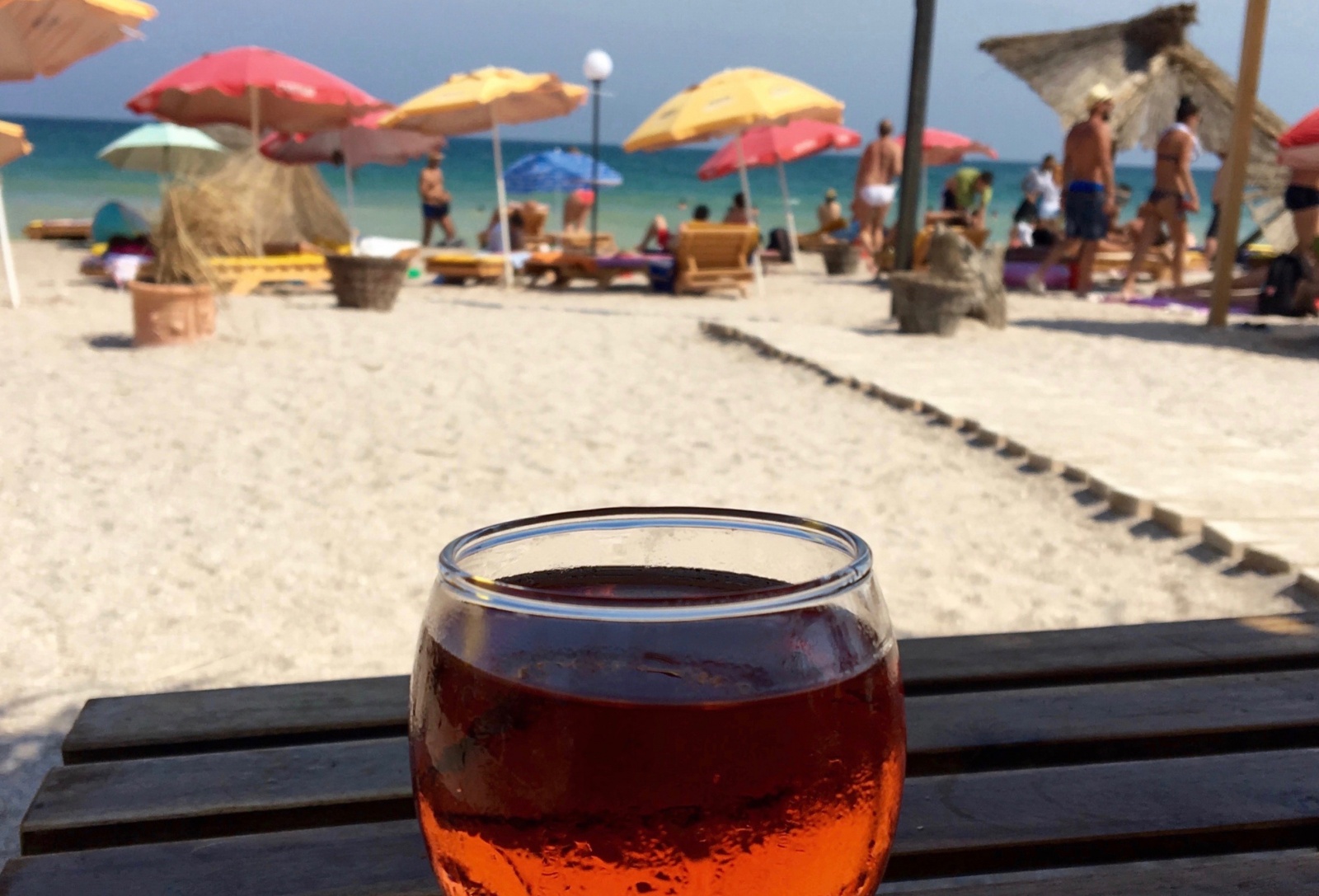
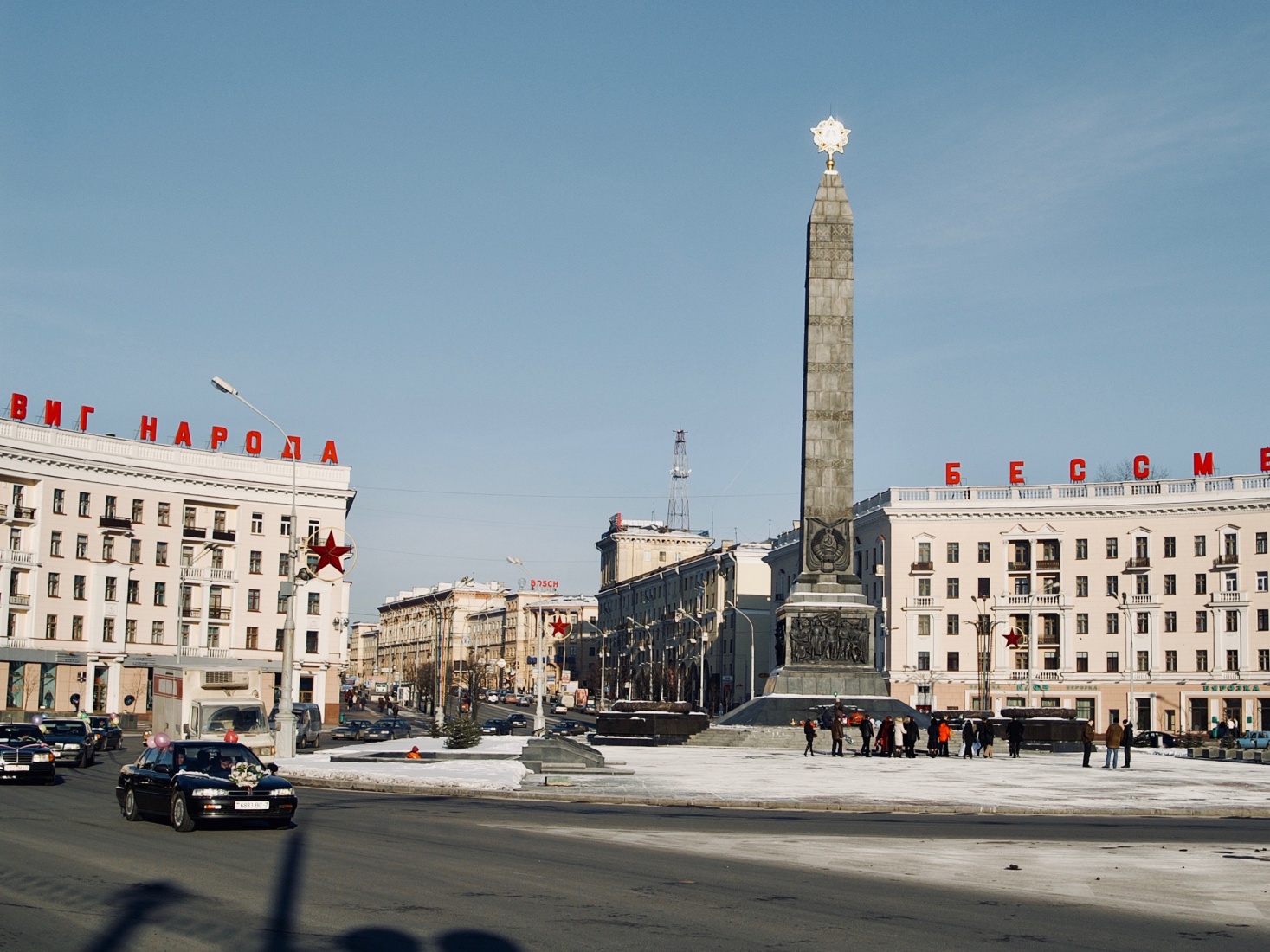
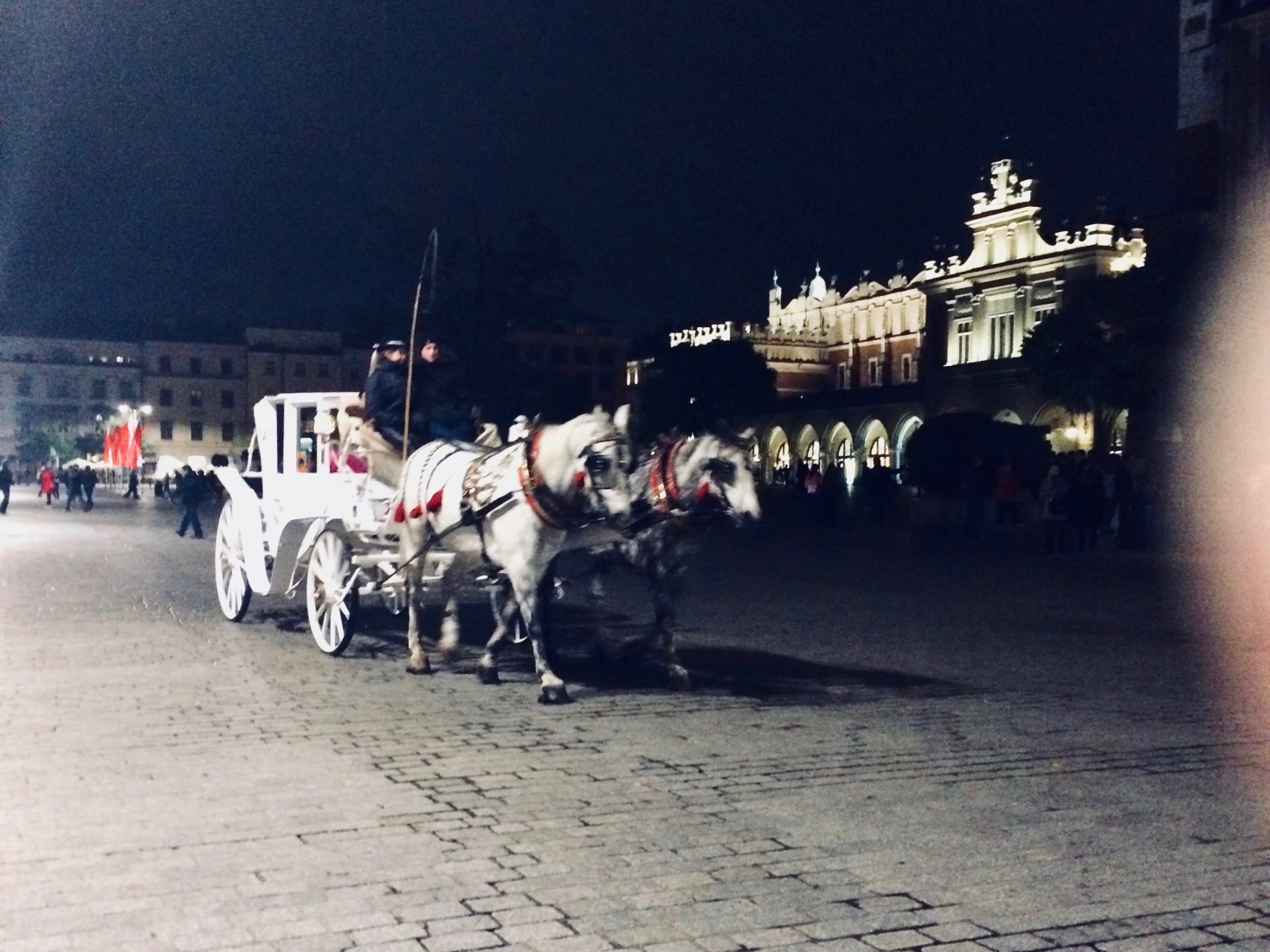
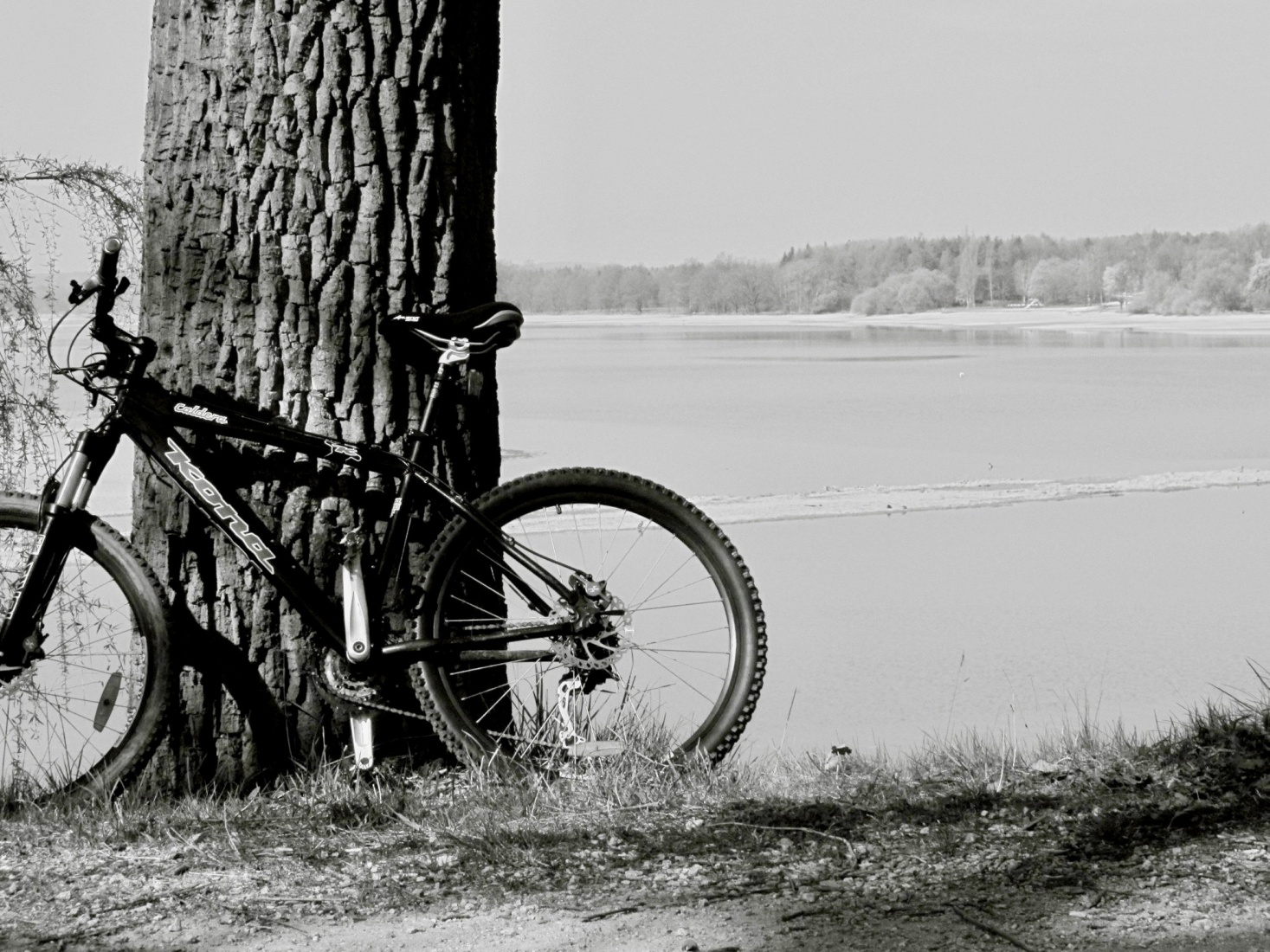
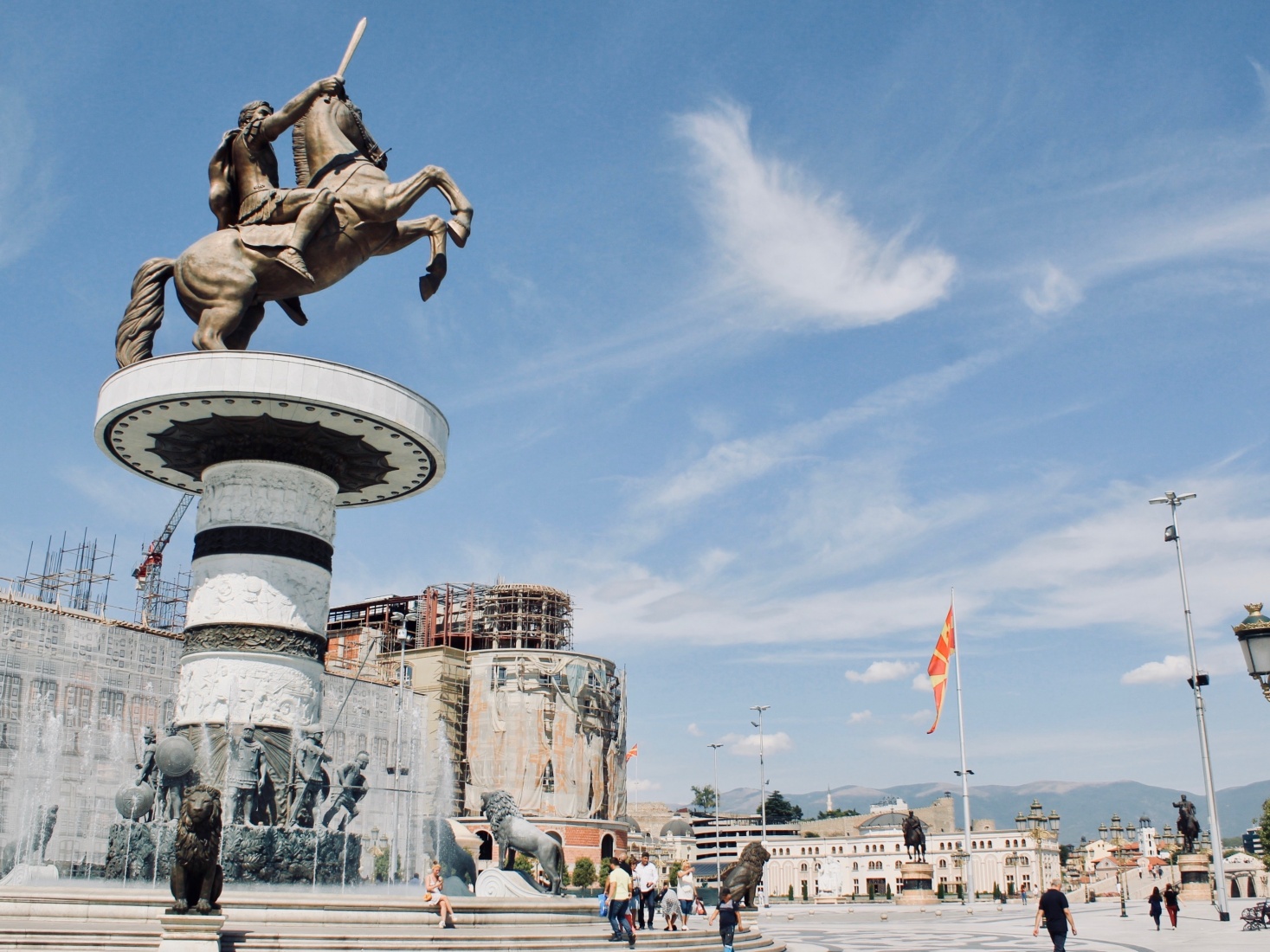

Such a nice article
Thank you for promoting special places and experiences!
La multi ani, Mark!
I admire your interest in Vama Veche, but according to multiple reports, it’s been highly overrated in the past few years. If you’re not in your mid-twenties and ready to sleep on the beach, there’s not much else there other than drinking cheaply or completely free (last summer there was an interesting news report about a guy who managed to travel to Vama with 10 lei in his pocket, spend there one month, and come back with the same 10-lei bill intact, but with a not-so-intact liver). Instead, I would highly recommend a fairy-tale-like place, Gura Portitei, a solitary beach where Romania’s largest lake, Razim-Golovita, almost makes the junction with the Black Sea through a narrow sandbar. The place is eerie, quite and not so full of tourists, although there are some recreational vehicles parked there. The landscape is outstanding – being on a stretch of sand less than 100 meters wide gives you the option of alternately bathing in the fresh water of the lake and the salty Black Sea water (tip: the Black Sea is the only sea I know of where it’s safe to open your eyes under water). And, if you’re a seafood aficionado, you’ve just hit the jackpot. 🙂
Hi Eugen, thanks for reading and leaving a comment! Of course you are right about Gura Portitei and Vama, but this was more a fantasy than a reality pick 🙂 Somehow drinking, sleeping on the beach and hanging around with people in their mid-twenties doesn’t sound bad at all listening to the cold rain on my balcony in Prague last night. Where do you stay in Gura Portitei when you go there? Mark
I will be visiting Prague and Krakow this summer. Trebon sounds like an interesting day trip? I will look further into the idea.
Mark – Absolutely love your work and blog. The write up is definitely motivating.
Prince Toms
Bangalore
I actually crossed off Lviv last May and it was great! Skopje is very high on my list 🙂 Since part of my family is from northeastern Poland, I feel bad for not really visiting “Kresy” – the Polish/Belarus borderland (from neither side). It’s definitely a special place with some intriguing stuff – like Lipka Tatara – the original Polish Muslims.